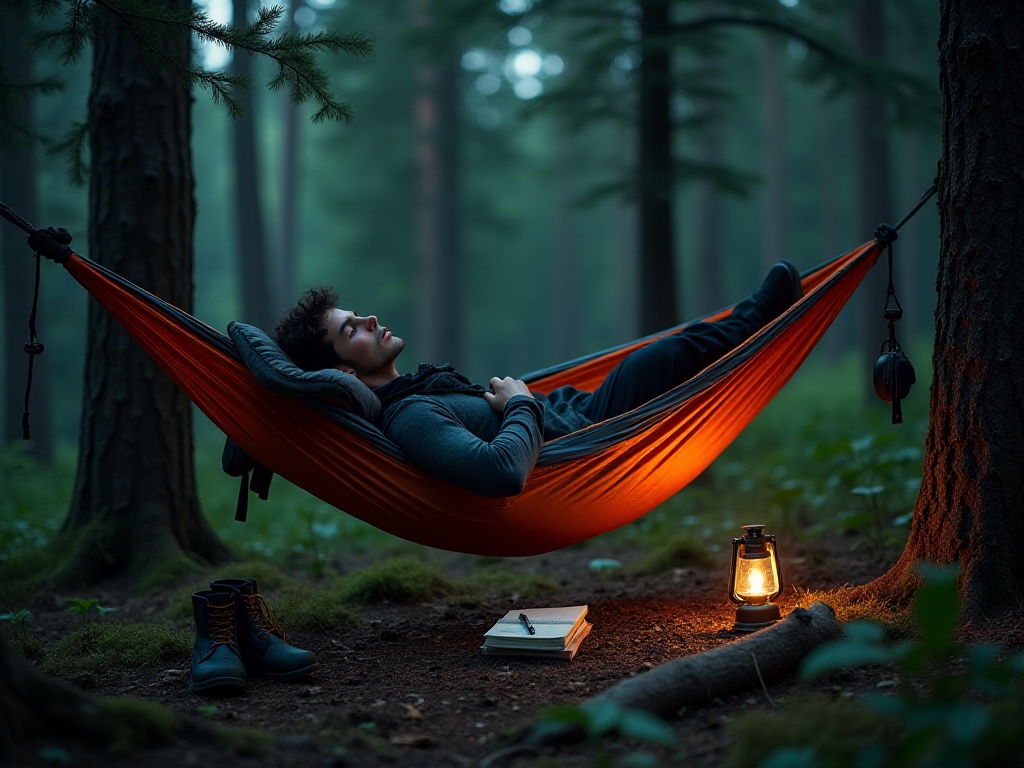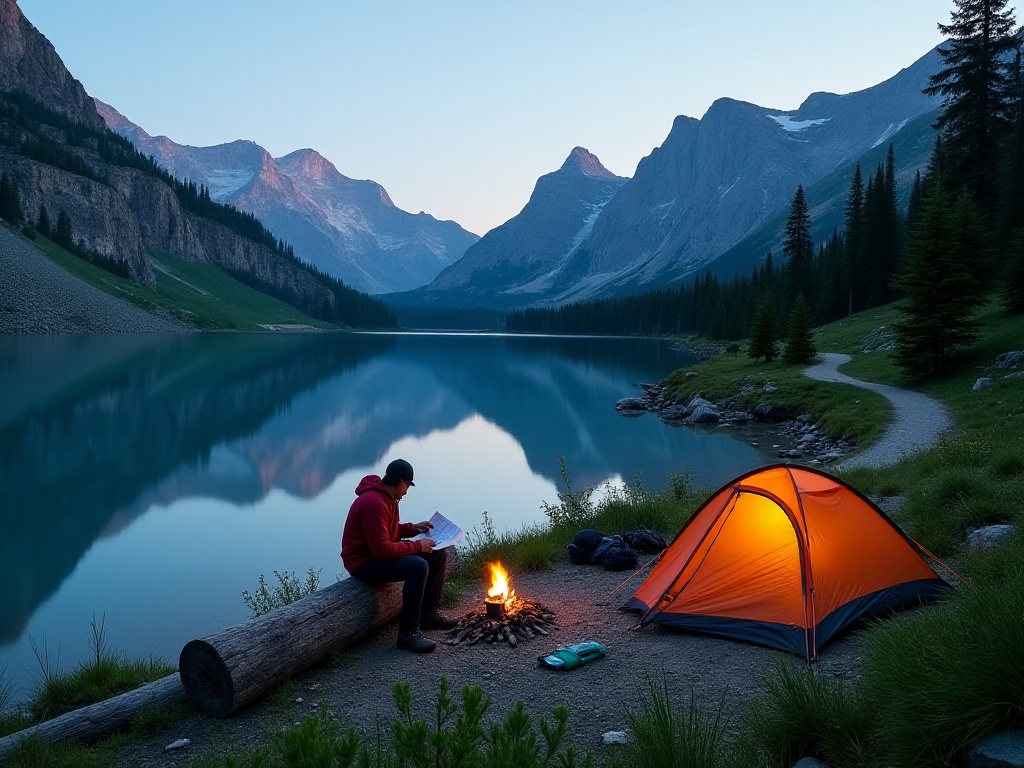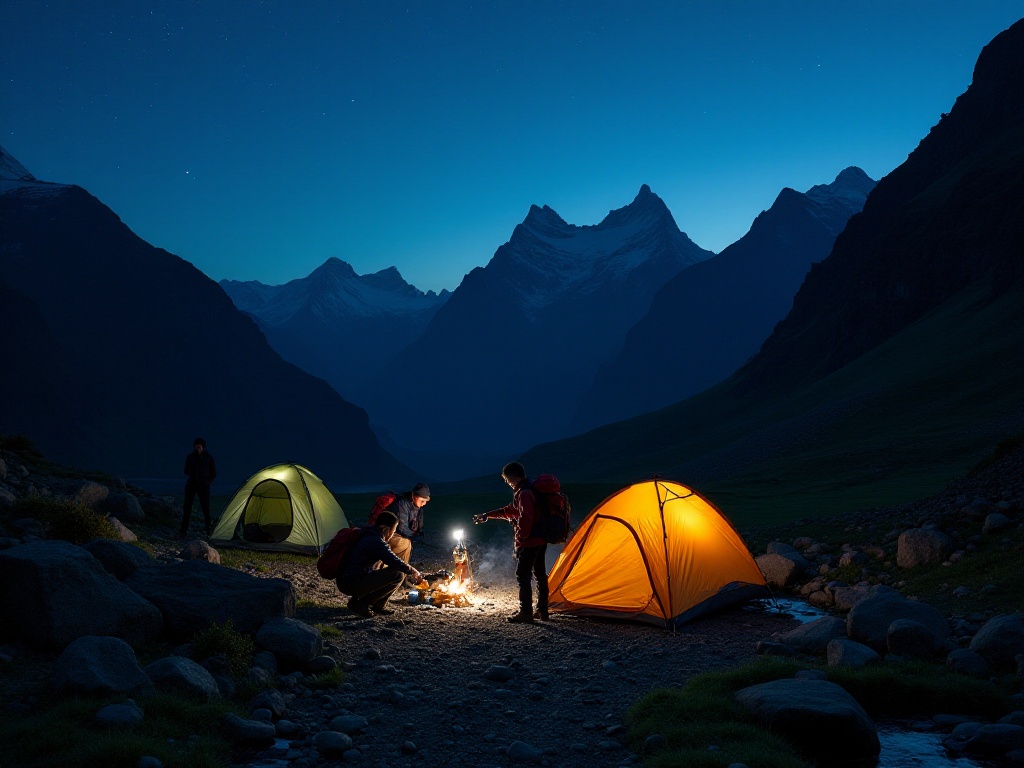Foreword
It was a stuffy afternoon, and I was sitting in the courtyard of a hostel called "Slow Life" in Chiang Mai's Old City. The rattan chairs around me were filled with backpackers from all over the world - a French guy who had just cycled from Laos, a German girl who had been traveling Southeast Asia for three months, and a Korean unni who came specifically to learn Thai massage. We shared our travel stories and exchanged life experiences from different cultures. The air was filled with the fragrance of jasmine, and temple bells rang in the distance. This atmosphere naturally made one slow down and savor life's beauty.
During that afternoon's conversation, I discovered that many young people from abroad consider backpacking an essential life course. They pack their bags and experience completely different lives at various stages of their lives. In contrast, many young people in China still have numerous misconceptions about backpacking. Some think backpacking is just about saving money, others consider it an unsafe way to travel, and some think this type of travel is too exhausting. Actually, these are all one-sided understandings of backpacking.
What is a Backpacker
I remember meeting a couple from Amsterdam on Mermaid Island in Sabah, Malaysia. The husband was a technical director at a multinational company, and the wife was an executive at an investment bank. Though they could easily afford five-star resorts, they chose this simple hostel on the small island. In the evening, we sat on the wooden platform by the sea, drinking our self-made cocktails, and talked about their reasons for choosing to backpack.
"At the company, we face all kinds of meetings and reports every day," the husband said, "but here, we can completely let go of our social identity burdens and just be ourselves. This morning we went fishing with local fishermen, in the afternoon we learned to make traditional Malaysian snacks with a girl from Chile, and now we're sitting here, listening to the waves and looking at the stars. This kind of experience is something you'll never get staying in a luxury hotel."
Indeed, the essence of backpacking lies in simplicity and freedom. You don't need a carefully planned itinerary, don't need to worry about formal attire for dinner, all necessities fit in one backpack, and you can go wherever you want. In Southeast Asia, a daily budget of 200-400 RMB can let you live quite comfortably. This budget can cover staying in clean and tidy hostels, eating authentic local food, using various public transportation, and even participating in some special experience activities.
Taking my experience in Chiang Mai, Thailand as an example, staying in a dorm room in the Old City hostel only costs about 60 yuan per night. Breakfast at the nearby morning market costs just 10 yuan for a delicious boat noodle. At noon, you can sit in an artistic cafe, order an iced latte and mango sticky rice for just 40 yuan. In the evening, going to the night market for barbecue, beer, and a Thai massage costs about 100 yuan. If you want to visit an elephant sanctuary in the suburbs, sharing a car ride plus entrance fee is only about 200 yuan.
Moreover, you can always meet like-minded friends in hostels. I remember once meeting a photographer from Brazil at a hostel. We hit it off and the next day rented motorcycles together, riding all the way up to the top of Doi Suthep along Chiang Mai's mountain roads. Along the way, he taught me how to capture the best light with a camera, while I explained the architectural features of the temples along the road. These random encounters and impromptu adventures are the greatest charm of backpacking.
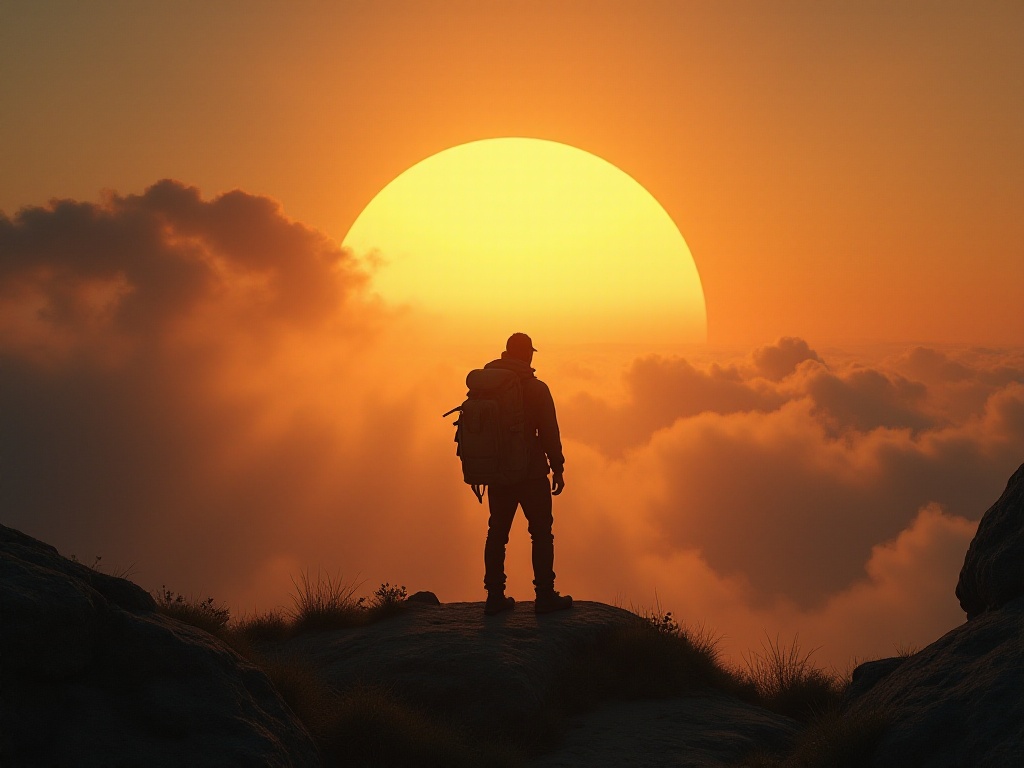
City or Wilderness
During my three days in Hanoi, Vietnam, I was completely immersed in the rhythm of this city. At five in the morning, when the first rays of sunlight fell on the surface of Hoan Kiem Lake, I was already sitting on a bench by the lake, watching elderly people practice tai chi. After dawn, walking through the alleys of the 36 Streets, the French buildings on both sides told stories of this city's colonial past. At noon, I would duck into a street-side shop, order a bowl of pho, paired with fresh lime and basil leaves, and an iced Vietnamese coffee, leisurely whiling away the time.
In the evening, I would visit the Temple of Literature. This Confucian temple, built in 1070, has witnessed a thousand years of Vietnamese civilization. The stone steles inside are carved with doctoral examination records, each stele carrying the dreams of countless scholars. After nightfall, the Old Quarter becomes a food paradise. The aroma of grilled meat, the richness of coffee, and the malty smell of beer mix in the humid air, creating Hanoi's unique evening atmosphere.
This is typical city backpacking. You don't need much specialized equipment, a 30-40 liter backpack is enough. Mainly pack some change of clothes, basic toiletries, chargers, umbrellas, and other daily necessities. The key is to do your homework in advance, understand the city's public transportation system, know which places are worth visiting, which places to avoid, and how to get the best experience within your budget.
Wilderness backpacking is a different scene altogether. Last year's experience climbing Mount Kinabalu in Malaysia was unforgettable. To see the sunrise, we started climbing at two in the morning. On the pitch-black mountain trail, we could only rely on headlamps for light. We were surrounded by sounds unique to the tropical rainforest: insect chirping, rustling leaves, and distant monkey calls. When we reached the summit, it was still dark. We set up tents, wrapped ourselves in sleeping bags, and waited for sunrise. When the first ray of sunlight broke through the clouds, the entire valley was painted golden. At that moment, all the fatigue was worth it.
Wilderness backpacking has higher equipment requirements. Besides basic clothing, you'll need: - A professional hiking pack of 60 liters or more - A waterproof and windproof tent - A sleeping bag suitable for local temperatures - Portable cooking equipment - Sufficient dry food and drinking water - First aid kit - Waterproof map and compass - Headlamp and spare batteries - Sunscreen and insect repellent
Additionally, you need basic outdoor survival skills, such as map reading, direction finding, tent setup, and wilderness first aid. For first-time wilderness backpackers, it's best to go with an experienced guide or travel companions.
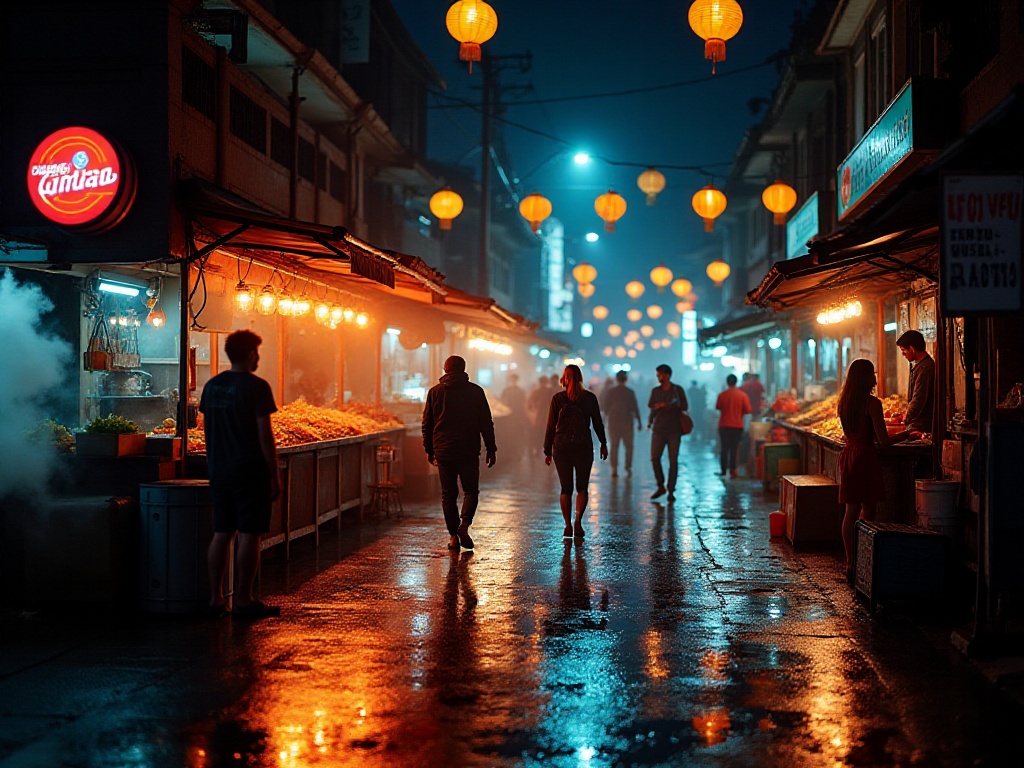
Pre-trip Preparation
Through my years of experience, I've compiled a preparation checklist suitable for beginners.
First is choosing a destination. For first-time backpackers, I strongly recommend Thailand. This country has well-developed tourism infrastructure, generally friendly locals, and moderate prices. My first backpacking trip was the Chiang Mai-Pai-Bangkok route. Starting from Chiang Mai, you can slowly adapt to the backpacker lifestyle. This ancient city has a slow pace and small scale, perfect for walking exploration. After staying there for 3-4 days, take a bus to Pai. This is a small city built on a hillside with a strong artistic atmosphere. Finally, go to Bangkok to experience the prosperity of a modern metropolis. The entire journey takes about 10 days, neither too rushed nor boring.
Next is budget planning. Taking this route as an example, here's a detailed breakdown of expenses: - Flights: About 2000-3000 yuan round trip (recommend booking two months in advance) - Accommodation: Hostel dorm rooms, average 60 yuan per night, 600 yuan for 10 days - Meals: Breakfast 20 yuan, lunch 40 yuan, dinner 60 yuan, snacks and drinks 30 yuan, 150 yuan per day, 1500 yuan for 10 days - Transportation: City public transport 50 yuan per day, intercity buses 200 yuan per trip, total about 900 yuan - Entrance fees and activities: About 1000 yuan - Other expenses (shopping, massage, etc.): 1000 yuan
In total, expenses for one person for 10 days are between 7000-8000 yuan. Of course, this is just a reference, actual expenses should be adjusted according to personal habits.
Packing preparation is also very important. I recommend using a 35-40 liter backpack, which can fit necessities without being too heavy. Here's my basic equipment list: - Clothing: 4 quick-dry T-shirts, 4 sets of quick-dry underwear, 2 pairs of long pants, 2 pairs of shorts, 1 pair of slippers, 1 pair of sneakers - Toiletries: Toothbrush and toothpaste, portable shampoo and shower gel, sunscreen, mosquito repellent - Electronics: Phone, power bank, plug adapter, camera (if needed) - Documents: Passport, bank cards, cash, insurance policy, photocopies - Medicine: Cold medicine, digestive medicine, band-aids, antiseptic - Others: Umbrella, water bottle, small bag, hat, sunglasses
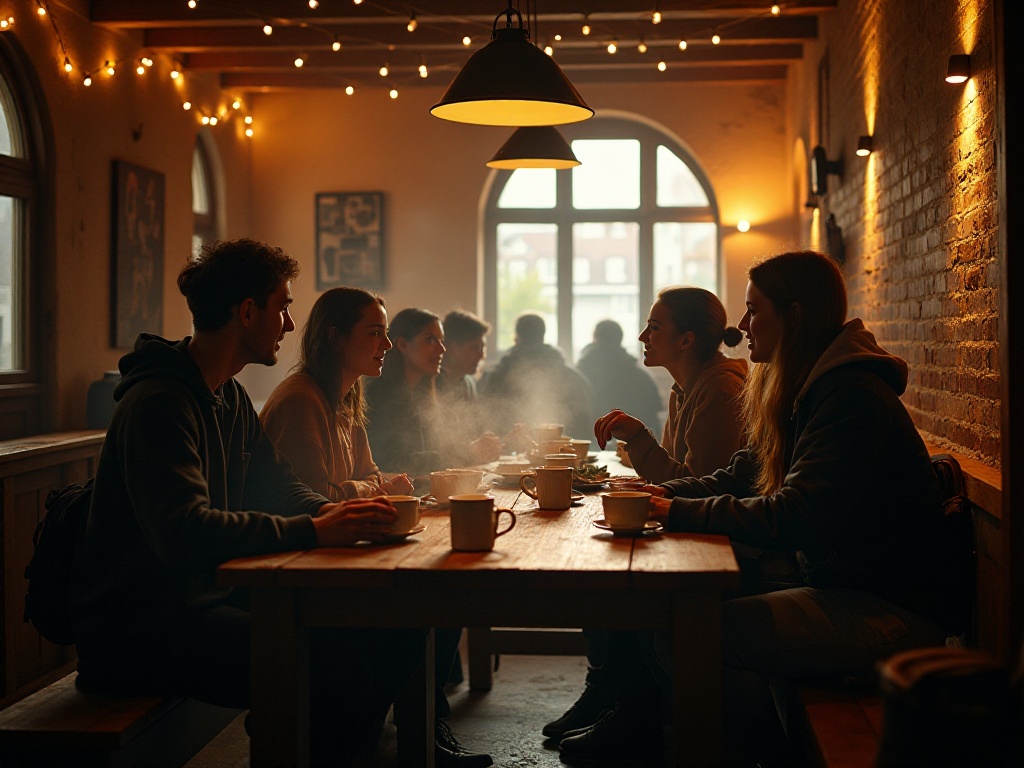
Safety Precautions
Safety is always the most important topic in travel. I remember almost falling victim to a telecom scam in Siem Reap, Cambodia. I met a group of people claiming to be Chinese from Singapore in the bar street, who invited me to a private party. Fortunately, I had read about similar scam cases online and immediately declined their invitation. Later, I learned from local police that this was a fraud group specifically targeting foreign tourists.
To ensure safety, I've summarized the following recommendations:
Medical security: - Must purchase travel insurance that covers accidental medical expenses - Bring enough regular medication - Research medical conditions at your destination in advance - Record addresses and phone numbers of local major hospitals - If you have special medical conditions, carry an English version of your medical records
Financial security: - Keep cash in different places, don't put all money in one place - Keep important documents in waterproof bags and take photos for backup - Try to use hotel safes for valuable items - Be especially careful with backpacks and pockets in crowded places - Avoid using ATMs in remote locations
Personal security: - Research local security conditions in advance - Avoid going out alone late at night - Don't easily trust enthusiastic invitations from strangers - Maintain contact with family and friends - Record embassy contact information
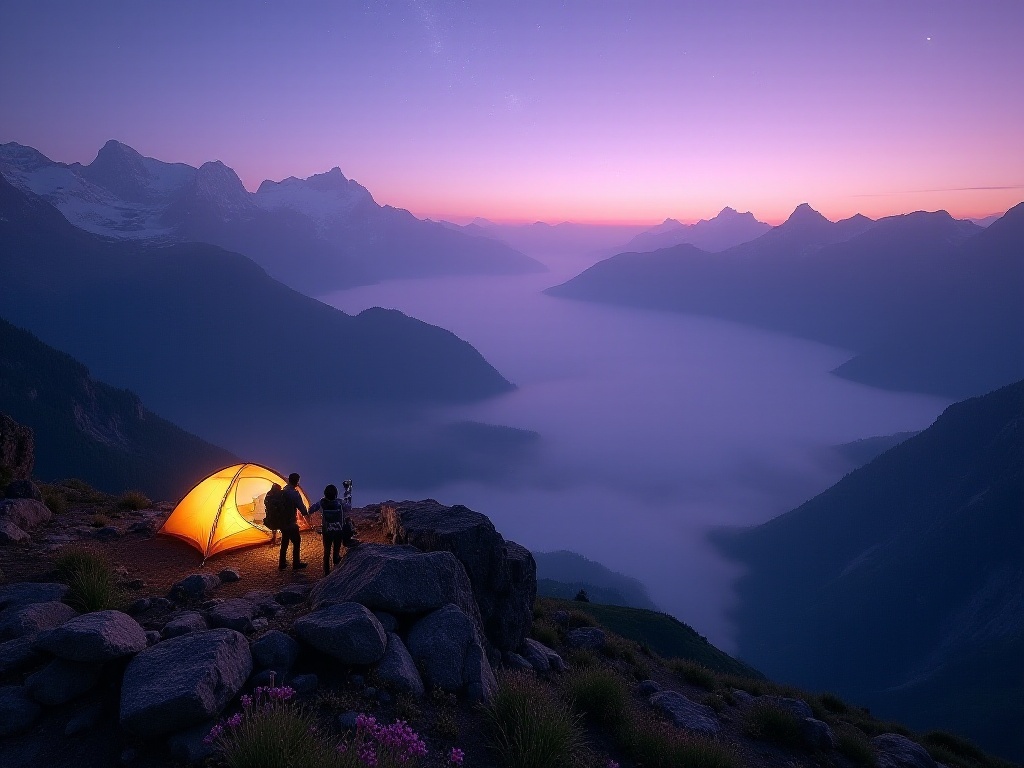
Reflections
In Luang Prabang, Laos, I would always be awakened by the monks' chanting in the morning. Walking along the path by the Mekong River in the morning light, watching orange-robed monks collecting alms, the air filled with the aroma of fresh bread and coffee. Find a small riverside cafe, order a Lao coffee with freshly baked baguette, and quietly watch this ancient capital wake up.
In the evening, I like to climb Mount Phousi. The golden stupa at the summit glows in the sunset, and the entire city is bathed in soft light. The night market below gradually comes alive, with the aroma of barbecue drifting up with the evening breeze. At moments like these, I truly understand what "slow living" means.
Backpacking has taught me many things. It taught me how to live in the simplest way, how to make friends with strangers, how to stay calm when facing difficulties. Each journey is an opportunity for growth.
As that Dutch couple said, "Travel is not about reaching the destination, but about meeting a different version of yourself along the way." So, if you're hesitating about trying backpacking, my advice is: let go of your worries and bravely set out. Trust me, the surprises along the way will far exceed your imagination.
Before ending this guide, I want to say: backpacking knows no age or profession, as long as you have a heart willing to explore, you can start anytime. Maybe the first time will be a bit clumsy, but gradually, you'll discover the wonder of this way of traveling. Looking forward to meeting you unexpectedly at some hostel or on some small path.


